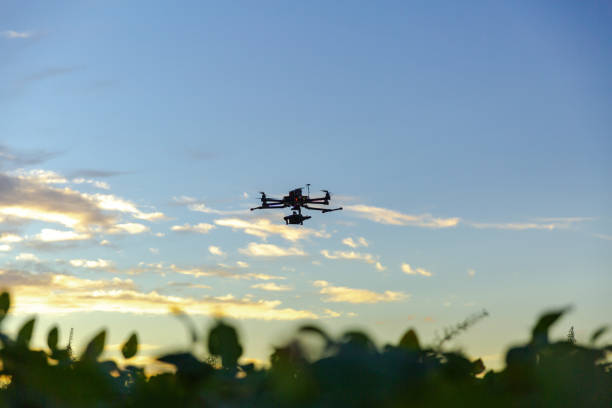In a rapidly evolving technological landscape, universities around the globe are recognizing the importance of Unmanned Aerial Vehicles (UAVs) and are launching specialized degree programs to meet the growing demand for skilled professionals in this field. These programs are designed to equip students with the knowledge and hands-on experience needed to excel in the burgeoning UAV industry.
With the increasing use of UAVs in various sectors such as agriculture, surveillance, delivery services, and disaster management, universities are stepping up to provide comprehensive education in UAV technology. Programs range from undergraduate degrees to doctoral studies, covering a wide array of topics including UAV design, operation, maintenance, and regulatory compliance.
Several prestigious institutions have introduced UAV-related degree programs:
Kansas State Polytechnic University – Known for being the first entity in the USA to receive FAA approval for academic and commercial flight training, Kansas State offers a robust Unmanned Aerial Systems and Field Operations program.
Embry-Riddle Aeronautical University – With campuses in Daytona Beach, Prescott, and worldwide, Embry-Riddle offers specialized degrees in UAV technology, emphasizing hands-on flight practice and safety regulations.
Atlantic International University – This university provides a Doctor of Unmanned Aerial Systems Engineering program, focusing on research and analytical tools necessary for understanding UAVs.
These programs typically include courses on:
UAV Design and Engineering where students learn about the principles of UAV design, including aerodynamics, materials, and structural integrity.
Flight Operations that offers hands-on training in piloting UAVs, understanding flight dynamics, and navigation.
Courses on integrating various sensors for data collection and analysis, crucial for applications like mapping and surveillance.
Understanding the legal and regulatory framework governing UAV operations to ensure safe and lawful use.
Exploring the diverse applications of UAVs in different industries and the latest innovations in the field.
As UAV technology continues to advance, the demand for skilled professionals in this field is expected to grow. Universities are not only providing the technical knowledge but also fostering innovation and entrepreneurship, preparing students to be leaders in the UAV industry.
In closing, the launch of UAV degree programs by universities signifies a significant step towards nurturing the next generation of UAV experts. These programs are essential for driving innovation, ensuring safety, and expanding the applications of UAV technology across various sectors. In the Caribbean, we need to get on board.


